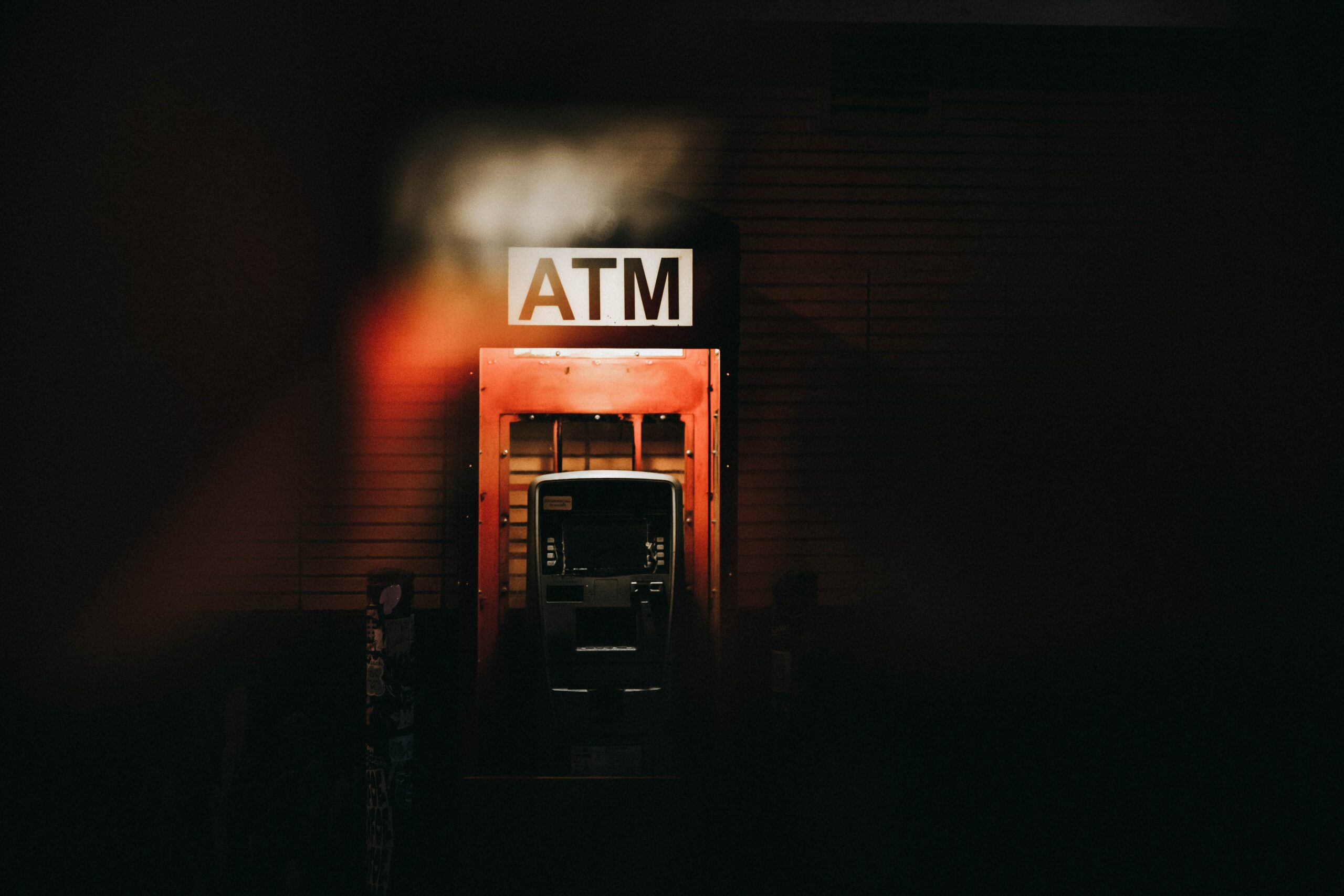
When it comes to insurance there are some things which are mandatory and others which are optional. For example to drive a vehicle in the UK, legally you need to have insurance to at least a minimum level (third party insurance). For other things such as our pets or mobile phones this may be optional.
When it comes to insurance, I have often found that people are willing to insurance objects or pets, with less willingness to protect themselves. If they are willing to insure themselves, it is only in the event of limited circumstances such as death. The phrases that are used include ‘it will never happen to me’, ‘it’s expensive’ and ‘a waste of money’.
This might be despite the background of the cost representing a relatively low proportion of net income, with financial modelling showing financial hardship if they were unable to work through ill health.
However, if I told you to imagine that you had an ATM machine in the corner of your room and that this enabled you to fund all of your lifetime needs ,and then asked whether you would consider insuring that you might well say ‘yes’, often without hesitation. But the personal ATM is actually you! Without your health and being able to work, the personal ATM dries up and often quite quickly.
According to the Association for British Insurers, over 15,900 claimed against individual income protection policies in the UK in 2022, with £231 million paid to people who were unable to work. But this is statistic is only for people who have policies.
And to distil the perception that insurers don’t want to pay out, claims acceptance rates have been consistently at 98% since 2017, with more than half of declined claims due to customers not telling their insurer key details about themselves when taking the policy out (source: ABI website 30.05.2023).
So if you would like to revisit protecting your personal ATM, feel free to get in contact.
Protection plans typically have no cash in value at any time and cover will cease at the end of the term. If premiums stop, then cover will lapse. Cover is subject to terms and conditions and may have exclusions.




 Production
Production
